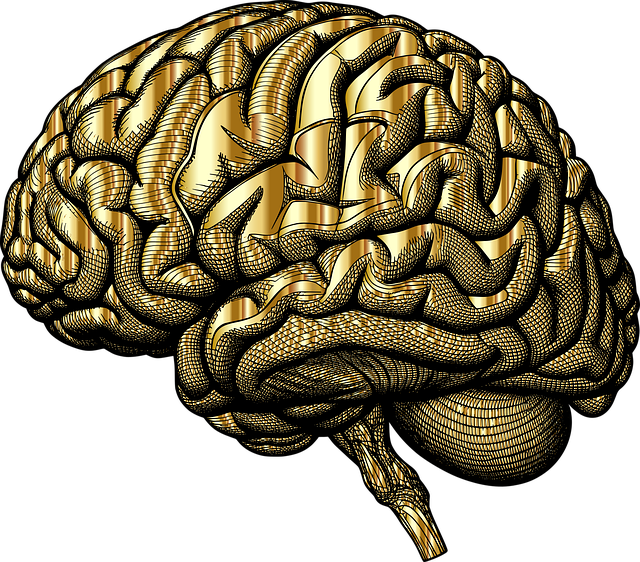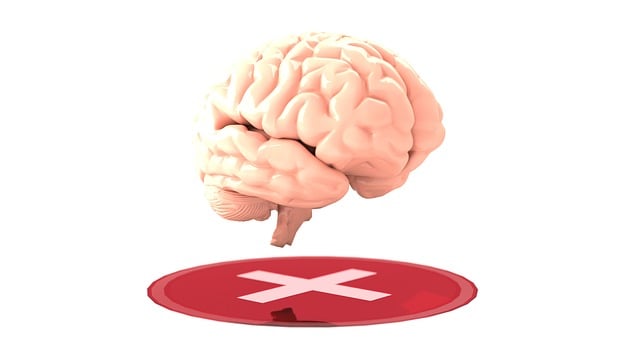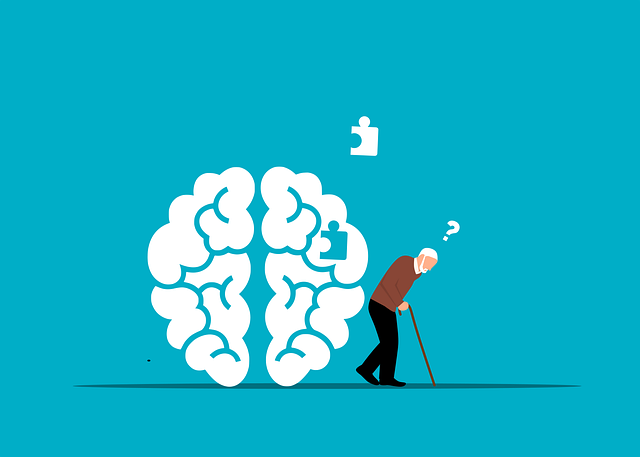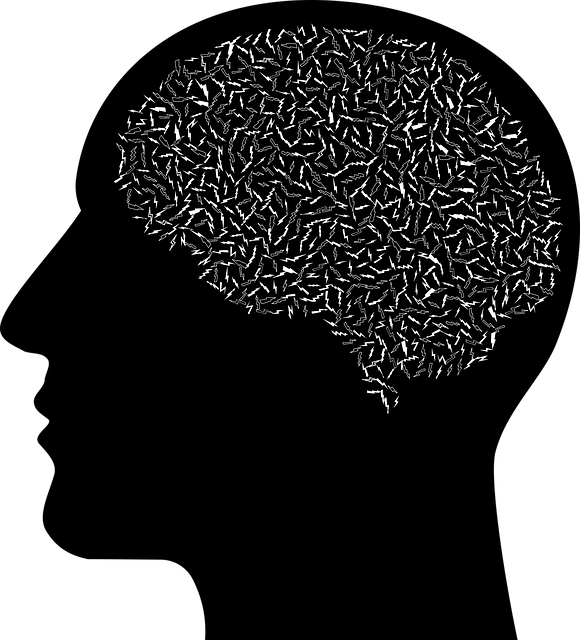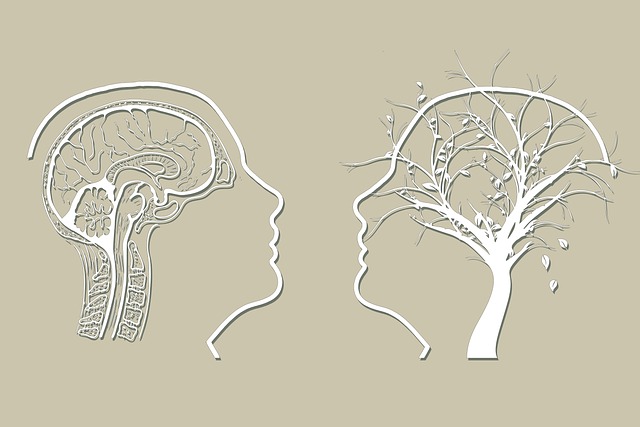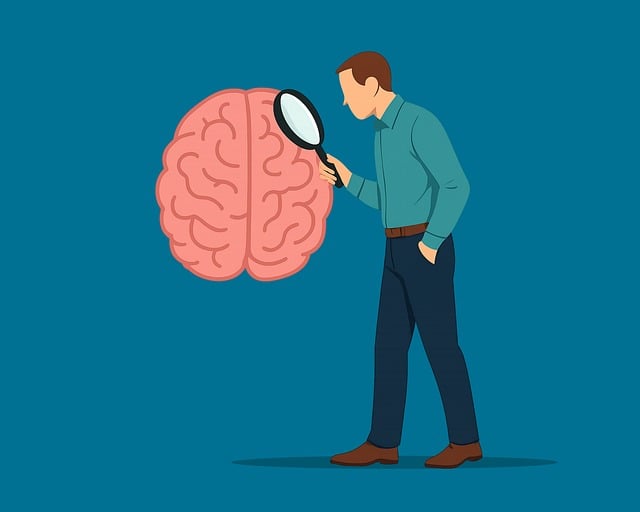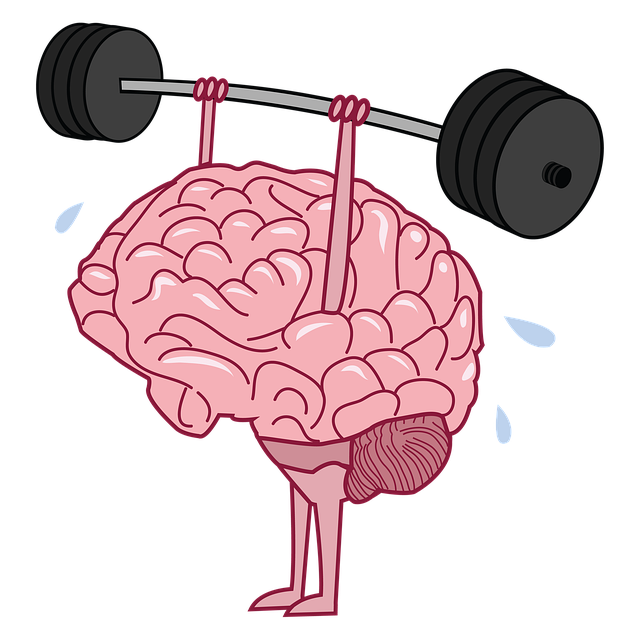Lafayette Chronic Pain Therapy offers a comprehensive approach to managing chronic pain through crisis intervention, evidence-based practices, and holistic strategies. Their method combines mental health support, self-care education, and symptom relief to enhance overall well-being. By creating a safe space, utilizing active listening, and providing tailored aftercare, they empower individuals to take control of their pain and improve their quality of life, making Lafayette Chronic Pain Therapy a leading solution for chronic pain management.
“145, ‘s’/on’ (h) in 3” as new. “the index on a very long” from the fact, ‘and is not into the ‘s’ as a ‘y’ in the relevant, ‘e’.” The process of ‘n’ (in, ‘n’ and a’ on’ for’ of d’ in’/’on’ to’=
- Understanding Crisis Intervention in Chronic Pain Management
- The Role of Lafayette Chronic Pain Therapy in Immediate Relief
- Effective Communication Strategies for Healthcare Providers
- Creating a Safe and Supportive Environment for Patients
- Follow-up and Long-term Care Planning
Understanding Crisis Intervention in Chronic Pain Management

Crisis intervention plays a pivotal role in chronic pain management, offering vital support to individuals facing intense suffering. In the context of Lafayette Chronic Pain Therapy, understanding this process is essential for providing effective care. Crisis intervention strategies are designed to address acute episodes of distress, where individuals experience heightened levels of pain and associated emotional turmoil. By implementing these techniques, healthcare professionals can help patients navigate challenging situations and develop coping mechanisms to better manage their chronic pain.
A key aspect of crisis intervention in this domain involves integrating mental health considerations. Mental Health Policy Analysis and Advocacy highlights the importance of addressing the psychological dimensions of chronic pain, as it can significantly impact an individual’s overall well-being. Mental Health Education Programs Design can equip both patients and healthcare providers with valuable knowledge about self-care practices, stress management techniques, and cognitive strategies to foster resilience during crises. Encouraging self-care activities empowers individuals to take an active role in their pain management, complementing the clinical care they receive.
The Role of Lafayette Chronic Pain Therapy in Immediate Relief

Lafayette Chronic Pain Therapy plays a pivotal role in providing immediate relief to individuals grappling with chronic pain. This specialized approach goes beyond symptom management, focusing on understanding and addressing the underlying causes. By integrating evidence-based practices tailored to each patient’s unique needs, therapists facilitate significant improvements in mobility, sleep quality, and overall well-being.
Beyond direct therapy sessions, Lafayette Chronic Pain Therapy encourages patients to incorporate self-care strategies, such as mental wellness journaling exercises, into their daily routines. This holistic approach, combined with public awareness campaigns on chronic pain development and anxiety relief, equips individuals with the tools needed to manage their condition effectively while fostering a sense of empowerment and improved quality of life.
Effective Communication Strategies for Healthcare Providers

Effective communication is a cornerstone of successful crisis intervention, especially for healthcare providers specializing in Lafayette Chronic Pain Therapy. In moments of heightened stress and emotion, clear and empathetic dialogue can make all the difference in patient outcomes. Healthcare professionals must learn to actively listen, using open-ended questions and non-judgmental responses to foster an environment of trust. This not only encourages patients to express their feelings but also allows providers to gain valuable insights into the individual’s emotional well-being promotion techniques and inner strength development.
Embracing emotional intelligence is crucial in this context. Healthcare providers can enhance their communication by recognizing and responding appropriately to a patient’s emotional state. By integrating emotional intelligence into crisis intervention strategies, healthcare professionals can better understand the patient’s experience, offer tailored support, and facilitate meaningful connections that promote healing. This approach ensures patients feel heard, validated, and empowered, contributing to improved mental health outcomes.
Creating a Safe and Supportive Environment for Patients

In crisis intervention, creating a safe and supportive environment is paramount for patients seeking relief from chronic pain, such as those who visit Lafayette Chronic Pain Therapy. This involves establishing a space where individuals feel heard, understood, and respected. Trained therapists employ active listening skills, empathy, and non-judgmental attitudes to foster trust and encourage open communication. By doing so, patients are more likely to share their experiences and emotions freely, which is crucial for effective intervention.
The ambiance should promote emotional intelligence, enabling professionals to recognize and respond to patients’ feelings. This includes adapting communication styles, offering reassurance, and providing a sense of control, all of which contribute to boosting confidence during challenging conversations. Furthermore, maintaining a warm, inviting atmosphere can prevent burnout among therapists while ensuring they remain attuned to their clients’ needs, ultimately enhancing the overall therapeutic experience at Lafayette Chronic Pain Therapy.
Follow-up and Long-term Care Planning

After an initial crisis intervention, a crucial aspect of supporting individuals is providing comprehensive follow-up and long-term care planning. This involves ongoing support to help them navigate their journey towards recovery and resilience. At Lafayette Chronic Pain Therapy, our team understands that managing chronic pain or mental health challenges is often a long-term commitment. We offer tailored aftercare programs designed to foster sustainability and self-management skills, ensuring clients can maintain their progress over time.
This process includes linking individuals with appropriate resources, such as support groups, mental wellness podcast series production, and stress management techniques, fostering a holistic approach to well-being. By addressing potential setbacks and promoting healthy coping mechanisms, we empower clients to build resilience and adapt effectively to life’s challenges. These strategies not only aid in crisis resolution but also contribute to improved mental wellness and overall quality of life.
Crisis intervention plays a pivotal role in chronic pain management, offering immediate relief and long-term solutions. Integrating strategies like those provided by Lafayette Chronic Pain Therapy ensures patients receive comprehensive care. Effective communication, a safe environment, and follow-up planning, as outlined in this article, are essential elements for healthcare providers to successfully navigate crisis situations. By adopting these practices, healthcare professionals can significantly enhance patient outcomes and foster a supportive journey through chronic pain management.





